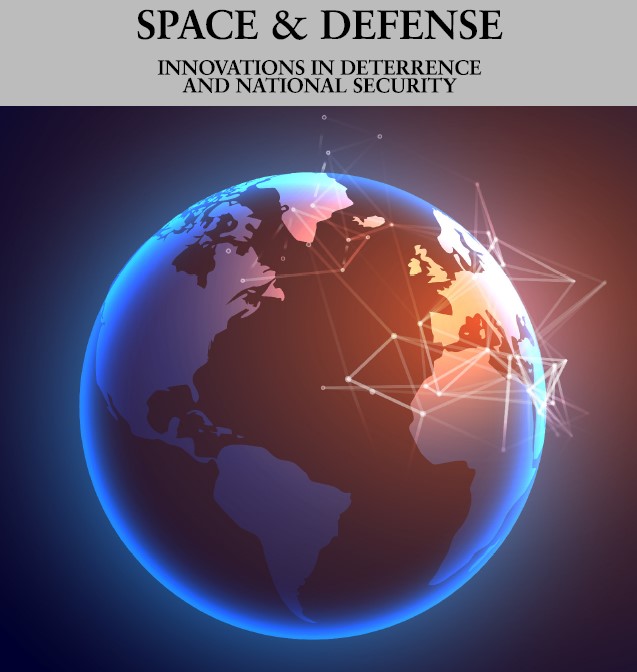Space and Defense

Abstract
Extending the current New START regime can help maintain traditional strategic stability; however, such an approach fails to address destabilizing trends related to non-nuclear strategic technologies and China's expanding forces.
Arms control in the nuclear age has proved a useful tool of national security, meeting ends as diverse as reducing the risks of nuclear war to channeling strategic competition. Yet recent trends indicate arms control may be at an inflection point; the suitability of this tool in general and the viability of securing new agreements specifically are both unclear. The New Strategic Arms reduction Treaty (New START) extension somewhat reverses the trend that has seen the collapse the Antiballistic Missile (ABM) Treaty and Intermediate-Range Nuclear Forces (INF) agreement. However, the pathway to a future ratified treaty is uncertain due to continued mistrust between Washington and Moscow, punctuated most notably by Russia's recent invasion of Ukraine. Domestically, the politically polarized environment in the United States presents additional internal challenges to arms control. Looking beyond the two nuclear superpowers, uncertainty regarding China's nuclear modernization and expansion is also challenging how U.S. leaders consider both regional and strategic stability. Meanwhile, continued development of non-nuclear strategic technologies such as hypersonics and increased military competition in domains like space and cyberspace further complicate long-held views on deterrence, stability, and arms control.
DOI
10.32873/uno.dc.sd.13.01.1062
Recommended Citation
Bronder, T. Justin
(2022)
"Future Directions for Great Power Nuclear Arms Control,"
Space and Defense: Vol. 13:
No.
0, Article 4.
DOI: 10.32873/uno.dc.sd.13.01.1062
Available at:
https://digitalcommons.unomaha.edu/spaceanddefense/vol13/iss0/4
Files over 3MB may be slow to open. For best results, right-click and select "save as..."
Included in
Asian Studies Commons, Aviation and Space Education Commons, Defense and Security Studies Commons, Eastern European Studies Commons, International Relations Commons, Leadership Studies Commons, Near and Middle Eastern Studies Commons, Nuclear Engineering Commons, Science and Technology Studies Commons, Space Vehicles Commons
